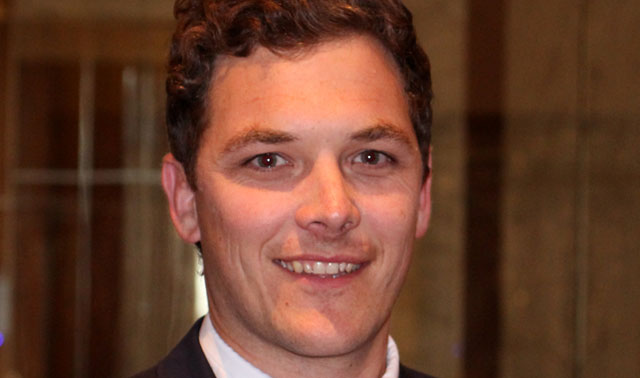
The GSM Association (GSMA), which represents many of the world’s mobile operators, has announced that its Mobile for Development mHealth programme is launching a series of partnerships to deliver mobile health services to women and children across sub-Saharan Africa.
There will be a strong focus on nutrition as part of the programme, which is supported by South African mobile group MTN, device manufacturer Samsung and other companies.
The GSMA’s mHealth initiative will provide a range of services accessible via an application on smartphones or using USSD on basic feature phones. This will give people access to credible content. For example, a mother could check if a particular medication is safe for her baby. The focus is on education, and there will be additional services available to health workers that give them access to diagnostics and other data.
“We want to have a very big impact on the [United Nations’] millennium development goals four, five and six — our primary focus. We have a specific focus on maternal and child and nutrition health,” says GSMA director of health Dr Craig Friderichs.
Millennium development goals four, five and six are about reducing child mortality, improving maternal health, and combating HIV/Aids, malaria and other diseases.
The initial launch partners for the sub-Saharan Africa GSMA initiative include MTN, Samsung, Omega Diagnostics, Gemalto and Mobenzi Mobilium.
Friderichs says the programme could have a far-reaching impact in sub-Saharan Africa. According to GSMA research, the addressable market for the initiative includes 15,5m pregnant women and mothers with children under the age of five.
Chief regulatory officer at the GSMA Tom Phillips says the companies involved are working to deliver the objectives of the UN’s “Every Woman Every Child” foundation and the Global Nutrition for Growth Compact in the areas of nutrition and maternal and child health.
“Health content, patient registration, data collection and critical diagnostics will increase the access to health care for vulnerable women and children across Africa, while providing the delivery mechanism for m-health services that are commercially sustainable and scalable,” says Friderichs.
The GSMA has already launched similar programmes in India and Indonesia. “We also have a partnership with the Norwegian and British governments. Our work there has allowed us to extend our programme into the sub-Saharan Africa region.”
The first phase of the GSMA’s mHealth services involve South Africa, Côte d’Ivoire, Ghana, Nigeria, Rwanda, Uganda and Zambia, all by September 2014. Phase two, which will begin next year, will address four more countries: Kenya, Malawi, Mozambique and Tanzania.
Friderichs says the initiative will reduce the barrier to entry to handset ownership and connectivity for consumers and health workers. MTN has agreed to provide free access to specific online health content, health registration and data collection. Samsung, meanwhile, has agreed to offer discounted handsets and tablets to consumers and health workers across Africa.
This is a potentially a good move for Samsung, one that will get more of its devices into the hands of users in developing markets. But the Korean company doesn’t have exclusivity. Friderichs says the m-health programmes are “non-exclusive” and will be expanded to other network operators, handset manufacturers, content partners and medical device manufacturers. — © 2014 NewsCentral Media




